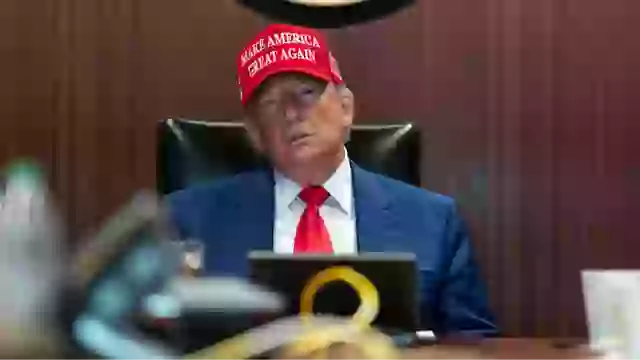Former President Donald Trump turned heads at the NATO summit in The Hague, Netherlands, with his comments about Iran’s recent missile attack on a U.S. air base in Qatar. As fears of escalating conflicts between Iran, Israel, and the U.S. grow, Trump’s claim that Iran gave advance warning before the strike has sparked both curiosity and criticism, making waves across social media and beyond.
Speaking at the summit, Trump described Iran’s approach as courteous, saying, “They told us ahead of time, asked if 1 o’clock worked, and I said sure.” He explained that the Al Udeid Air Base was mostly cleared out, leaving only gunners, and U.S. defenses shot down all 14 missiles. He marveled at the technology, comparing it to “shooting a bullet with another bullet,” and noted the military’s confidence in handling the attack.

A video of his remarks went viral, and reactions poured in. One commenter, whose post got nearly 300 likes, called Trump out for sharing too much, saying no world leader is so open about sensitive details. Others found his casual tone annoying, comparing it to “nails on a chalkboard,” while some questioned why he seemed okay with Iran targeting a U.S. base, wondering what would’ve happened if lives were lost.
The backdrop to Trump’s comments is tense. The U.S. recently hit Iran’s nuclear sites, prompting Iran’s retaliatory strike on the Qatar base. Iran’s Supreme Leader, Ayatollah Ali Khamenei, called the attack a “victory” over the U.S., describing it as a bold move against a key American base. Trump’s claim that Iran warned the U.S. beforehand has left many puzzled about the nature of such communication.
Trump’s habit of sharing his thoughts, from summits to his Truth Social posts, keeps him in the spotlight. Some see his comments as a way to downplay the attack’s impact, while others call them reckless. The debate shows how his words continue to spark strong feelings, raising questions about leadership, transparency, and the delicate balance of global conflicts.


